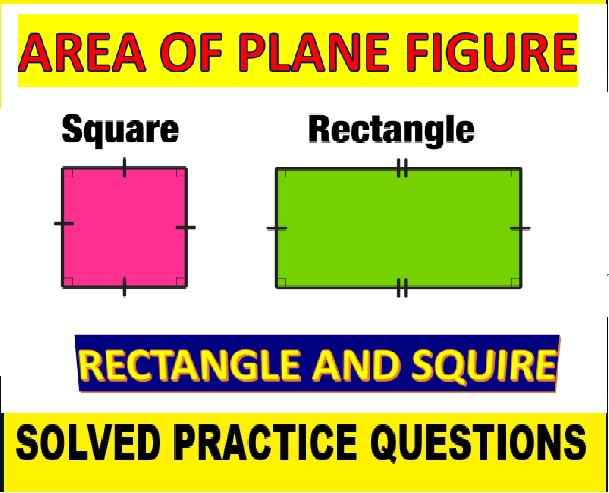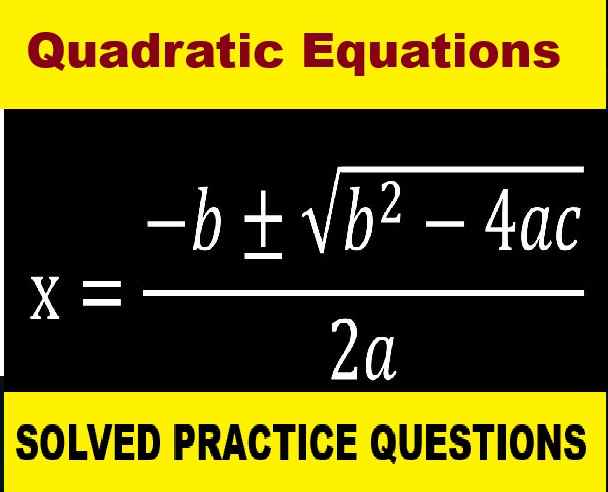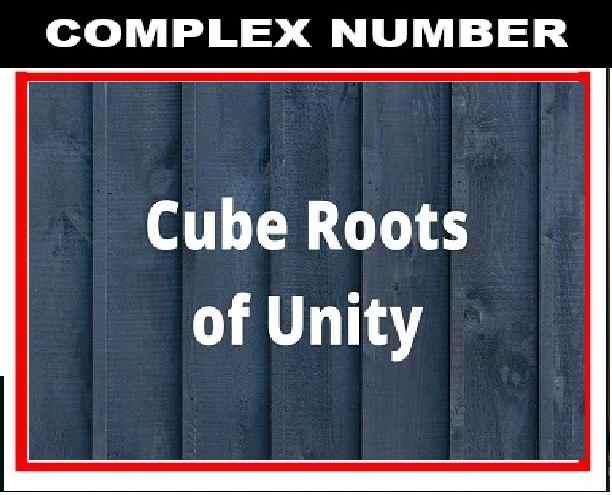ML Aggarwal Simple and Compound Interest MCQs Class 8 ICSE Ch-8 Maths Solutions. We Provide Step by Step Answer of MCQs Questions for Simple and Compound Interest as council prescribe guideline for upcoming board exam. Visit official Website CISCE for detail information about ICSE Board Class-8.
ML Aggarwal Simple and Compound Interest MCQs Class 8 ICSE Maths Solutions
| Board | ICSE |
| Publications | Avichal Publishig Company (APC) |
| Subject | Maths |
| Class | 8th |
| Chapter-8 | Simple and Compound Interest |
| Writer | ML Aggarwal |
| Book Name | Understanding |
| Topics | Solution of MCQ Questions |
| Edition | 2023-2024 |
Simple and Compound Interest MCQs
ML Aggarwal Class 8 ICSE Maths Solutions
Page-145
Mental Maths
Question 1. Fill in the blanks:
(i) The money borrowed (lent or invested) is called …………
(ii) the additional money paid by the borrower to the moneylender in lieu of the money used is called …………
(iii) In simple interest, the principal ………… for the whole loan period.
(iv) In compound interest the ………… goes on changing every conversion period.
(v) The time after which the interest is added each time to form a new principal is called …………
(vi) If the interest is compounded semi-annually then semi-annually rate is ………… of the annual rate.
Answer:
(i) The money borrowed (lent or invested) is called principle
(ii) the additional money paid by the borrower to the moneylender in lieu of the money used is called interest
(iii) In simple interest, the principal remains constant for the whole loan period.
(iv) In compound interest the principle goes on changing every conversion period.
(v) The time after which the interest is added each time to form a new principal is called conversion period
(vi) If the interest is compounded semi-annually then semi-annually rate is half of the annual rate.
Question 2. State whether the following statements are true (T) or false (F):
(i) The interest paid by the banks, post offices, insurance companies is simple interest
(ii) Compound interest is calculated on the amount of the previous year
(iii) In compound interest, the principal remains constant for the whole period.
(iv) The time from one specified interest period to the next period is called the conversion period.
(v) If the interest is compounded quarterly then there are 2 conversion periods in a year.
Answer:
(i) False
(ii) True
(iii) False
(iv) True
(v) False
Simple and Compound Interest MCQs
ML Aggarwal Class 8 ICSE Maths Solutions
Page-146
Multiple Choice Question (MCQ)
choose the correct answer from the given four option (3 to 9)
Question 3. The compound interest on Rs. 1000 at 10% p.a. for 2 years is
(a) ₹190
(b) ₹210
(c) ₹1210
(d) ₹200
Answer: Correct options is (b) ₹210
Question 4. The compound interest on ₹5000 at 20% per annum for 11⁄2 years compounded half yearly is
(a) ₹6655
(b) ₹1655
(c) ₹50
(d) ₹1000
Answer: Correct options is (b) ₹1655
Question 5. The compound interest on ₹10000 at 8% per annum for 6 months compounded quarterly is
(a) ₹408
(b) ₹10404
(c) ₹404
(d) ₹400
Answer: Correct options is (c) ₹404
Question 6. The time periods and rate for a sum taken at 8% p.a. for 1 1⁄2 years compounded half yearly are
(a) n = 3, R = 4%
(b) n = 6, R = 2%
(c) n = 3, R = 2%
(d) n = 6, R = 4%
Answer: Correct options is (a) n = 3, R = 4%
Question 7. If ₹12000 taken for 2 years at 4% per annum compounded quarterly, then time period and rate is
(a) n = 2, R = 16%
(b) n = 4, R = 1 %
(c) n = 8, R = 1%
(d) n = 8, R = 16%
Answer: Correct options is (c) n = 8, R = 1%
Question 8. If the number of conversion periods ≥ 2, then compound interest is
(a) less than or equal to the simple interest
(b) greater than or equal to the simple interest
(c) less than simple interest
(d) greater than simple interest
Answer: Correct options is (d) greater than simple interest
Question 9. The time in which ₹6000 amounts to ₹7986 at 10% p.a. compounded annually is
(a) 2 years
(b) 3 years
(c) 4 years
(d) 5 years
Answer: Correct options is (b) 3 years
Higher Order Thinking Skills ( HOTS )
Question 1. A certain sum of money is invested at the rate of 5% per annum compound interest, the interest compounded annually. If the difference between the interests of the third year and the first year is ₹102.50. Find the sum.
Answer: Update soon.
Question 2. The difference between the compound interest and the simple interest on ₹42000 for two years is ₹105 at the same rate of interest per annum. Find
(i) the rate of interest
(ii) the compound interest earned in the second year.
Answer: Update soon.
— : End of ML Aggarwal Simple and Compound Interest MCQs Class 8 ICSE Maths Solutions :–
Return to – ML Aggarwal Maths Solutions for ICSE Class -8
Thanks
Please Share with Your Friends


